83 F. high in the Twin Cities Saturday.
82 F. average high on June 27.
81 F. high on June 27, 2014.
.02" rain fell yesterday at MSP International Airport
June 28, 1876: The latest ice breakup in Duluth. Source: NOAA.
Chaos Theory"Paul, will it rain at
10 PM
sharp when the rock group 'Boston' takes the stage?" I had tickets for
the Lake Jams concert so I had a vested interest in getting this right.
"The HRRR model brings a squall line in right around that time" I
answered. I'm 75 percent sure it's going to rain, 60 percent threat of
severe winds and hail." Are you SURE, my friend insisted. "No, I'm never
sure. Most days it comes down to a strong gut feel."
It's a
sobering realization but with summer storms (15 miles wide - lasting
about an hour, on average) it's still impossible to determine whether it
will rain at a specific location and time. We deal in statistics &
probabilities, which is frustrating (for everyone). The models are
improving but the forecast will never be perfect.
Just incrementally less bad.
An unstable sky keeps showers and T-storms in the forecast today and
tomorrow; the best chance of getting wet closer to the dinner hour when the atmosphere is most unstable.
Highs push into the 80s for
4th of July
festivities with plenty of sun. I see a chance of 90s early
next week as superheated air pushes in from the western USA. But no
extended heat waves are brewing - just a taste.
Saturday Rainfall Streaks.
Although the immediate Twin Cities metro missed out on the heaviest
rains as much as 2.22" of rain soaked Scott County, just south of Prior
Lake. In general amounts were much heavier closer to Owatonna and
Rochester with numerous reports of 1.5"+ rains.
Damage Reports.
Although tornadoes were confined to the eastern Dakotas, severe storms
pushed into far western Minnesota with numerous reports of large hail
and damaging winds. No widespread/extensive damage was reported though.
You can see a full run-down on damage reports
here.
* The Star Tribune has more details on damage reports
here.
More Early September Than Early July.
The average high now is about 82F. High temperature run consistently
below average into the 4th of July with little evidence of western heat
making a sustained push into Minnesota anytime soon. European guidance
above may be a couple degrees too cool overall, but the trends are
accurate - a cooler than average spell of weather spills over into at
least the first week of July.
"Hail Angels"?
This takes love of (wild) weather to an entirely new level. Thanks to
AerisWeather meteorologist Todd Nelson and his friend, Emily
Schwamberger out in Minnetrista, for sending in this photo from Friday's
late afternoon hail showers. Looks refreshing!
Preliminary June Climate Summary.
Dr. Mark Seeley takes a look at June, to date, on a statewide level -
trending near normal temperatures and wetter than average for most of
Minnesota. Here's a snippet related to ag at this week's
Minnesota WeatherTalk: "...
Overall,
it was a good month for Minnesota crops, with 89 percent of the state
reporting adequate to surplus soil moisture conditions. Harvest
conditions were generally good for the 1st crop of alfalfa and reports
from the field showed 80 percent of the state's corn crop in good to
excellent condition, and 76 percent of the soybean crop in good to
excellent condition..."
Winners of NOAA's Weather In Focus Photo Contest. Some of these images are amazing; check out the details from
NOAA: "
Remember
safety first, but sometimes weather can develop in the blink of an eye
supplying amazing photographic opportunities. Images depict both the
subtle and extreme power of weather and climate, including images of
extreme drought, floods, thunderstorms, tornadoes as well as snowscapes
and landscapes."
Photo credit above: "
Proton arc over Lake Superior by Ken William, Clio, MI."
The End of Death? Fortune Magazine
has an intriguing article about life and death, and how a Silicon
Valley tech leader (Peter Thiel) is contemplating a day when traditional
death may be optional. It's more of a moral challenge than a technical
challenge in the minds off many - I'm not so sure we'll ever cheat
death, but it's a fascinating read; here's a clip: "...
For Thiel,
life is a self-evident good and death is the opposite of life. Therefore
death is a problem, and as he says there are three main ways of
approaching it. “You can accept it, you can deny it or you can fight it.
I think our society is dominated by people who are into denial or
acceptance, and I prefer to fight it.” Whether we can successfully fight
death is a question about the nature of nature and about our ability to
understand it. Whether we should try to fight death is a question of
our philosophy and our theology..."
The Story Of The Invention That Could Revolutionize Batteries - And Maybe American Manufacturing As Well. Quartz has a
remarkable story
about a remarkable inventor in the Boston area and how he's trying to
disrupt the battery storage market. It's innovations like this that will
ultimately lead us to a cleaner-energy future. Here's an excerpt: "...
When
it starts commercial sales in about two years, Chiang says, his company
will slash the cost of an entry-level battery plant 10-fold, as well as
cut around 30% off the price of the batteries themselves. That’s thanks
to a new manufacturing process along with a powerful new cell that adds
energy while stripping away cost. Together, he says, they will allow
lithium-ion batteries to begin to compete with fossil fuels..."
Photo credit above: "
This black goop is what will be at the heart of the next generation of batteries."
(Kieran Kesner for Quartz)
You May Want To Stay Home Saturday.
Speaking of impending death - I'm tracking a major heat wave in
Redding, California, but 704F is just ridiculous. Hey, what's 600
degrees among friends?
TODAY: Partly sunny. More showers & T-storms likely by afternoon/evening. Winds: NW 10. High: 79
SUNDAY NIGHT: Lingering thundershowers evening hours, drying out late. Low: 65
MONDAY: Sunny start, late PM storms. High: 82
TUESDAY: More sun, probably dry. Wake-up: 66. High: 81
WEDNESDAY: Another round of showers, T-storms. Wake-up: 63. High: 75
THURSDAY: Unsettled, few pop-up T-storms. Wake-up: 62. High: 79
FRIDAY: Sticky sun, isolated T-storm. Wake-up: 63. High: 81
SATURDAY: Warm sunshine. Light a candle. Wake-up: 63. High: 82
Climate Stories...
Ontario, We Have a (Methane) Problem. Not exactly what you want to see when you hit the local golf course in Lambton Shores, Ontario. Check out the amazing
YouTube video: "
Natural gas geysers are bubbling up at a golf course in Lambton Shores. The town has called a state of emergency."
UNM Researchers Study Global Warming Causes. Portions of Central America have been drying over the last few centuries, but why? Here's an excerpt from
KRQE News 13: "
For
decades, it has been getting drier in some parts of Central America
that have traditionally enjoyed plentiful tropical rains. Some
University of New Mexico researchers say that is because of air
pollution during the industrial age causing uneven warming of the
northern and southern hemispheres. They and their colleagues on an
international science team say the uneven heating of the northern and
southern hemispheres is nudging the inter-tropical convergence zone,
where tropical rains form, to the south. “What we’ve noticed basically
over the last 500 years, especially since the advent of the industrial
age, is that the region has been getting drier and drier, relatively,”
said Professor Yemane Asmerom of UNM’s Earth and Planetary Sciences..."
What's Really Warming The World?
Eric Roston has a terrific interactive graphic that explains the impact
of solar, volcanoes, aerosols and other factors in relation to CO2 and
greenhouse gases. Check it out at
Bloomberg Business . File photo: NASA.
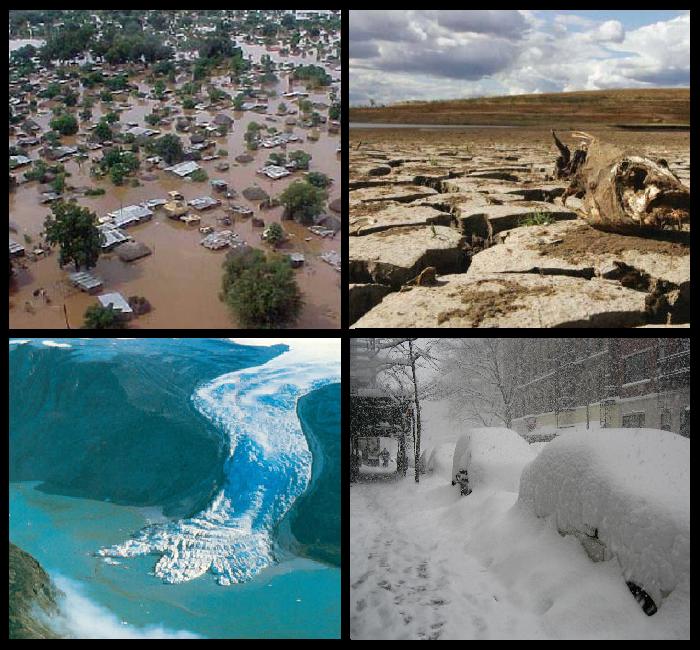 Extreme Weather In A Changing World: Asking The Right Questions
Extreme Weather In A Changing World: Asking The Right Questions.
Extreme weather attribution is an emerging science (how much of a
storm's intensity is "natural" vs. impacted by warmer air and ocean
water and higher levels of water vapor?). Here's an excerpt from a
recent story at
UCAR that caught my attention: "...
The
refrain that the science community has mostly had is that we can't
blame any one event on climate change," said NCAR scientist Kevin
Trenberth, lead author of the paper. "We want to change that refrain.
While you can't blame the whole event on climate change, many times
there are aspects of what happened that were magnified by climate
change. Even with the same weather event, the rain may be harder, the
drought more intense, or the heat waves more severe....”
Giant Earthquakes Are Shaking Greenland - And Scientists Just Figured Out The Disturbing Reasons Why. Here's an excerpt of a story from Chris Mooney at
The Washington Post: "...
Granted,
these earthquakes aren’t caused by faults – they’re caused by massive
movements of ice and how those impact the ground beneath. Compared with
the early 1990s, Nettles says, scientists are now measuring seven times
as many of these glacial earthquakes coming from Greenland — the rate
has shot up as the ice sheet has begun to lose more mass from the
calving of icebergs at the front end of glaciers..."
Photo credit above: "
The surface of Helheim Glacier is incredibly rough and large." (Credit: Nick Selmes, Swansea University)
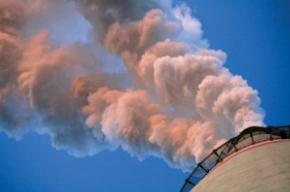 It's Time For Conservatives To End The Denial on Climate Change
It's Time For Conservatives To End The Denial on Climate Change. Here's an excerpt of an Op-Ed at
The Washington Post: "...
In a recent National Affairs essay,
Jim Manzi and Peter Wehner provide an explanation: “The Republican
position — either avowed ignorance or conspiracy theorizing — is
ultimately unsustainable, but some still cling to it because they
believe that accepting the premise that some climate change is occurring
as a result of human action means accepting the conclusions of the most
rabid left-wing climate activists. They fear, at least implicitly, that
the politics of climate change is just a twisted road with a known
destination . . . ceding yet another key economic sector to government control...”
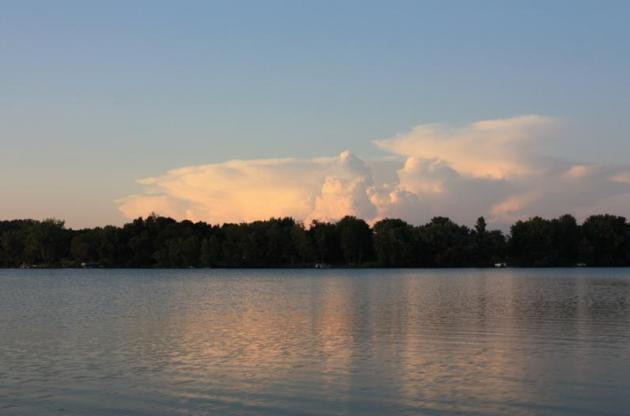
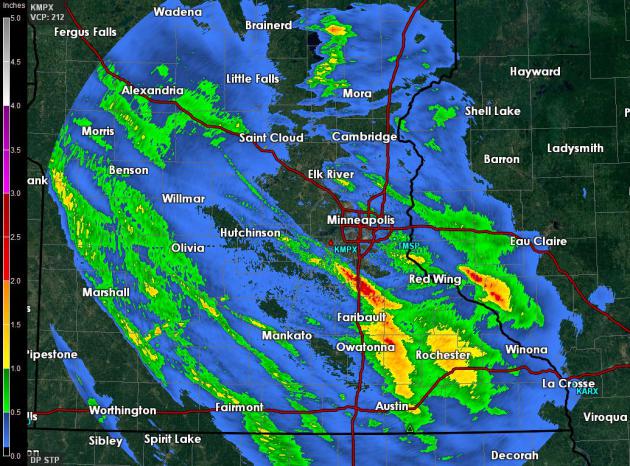
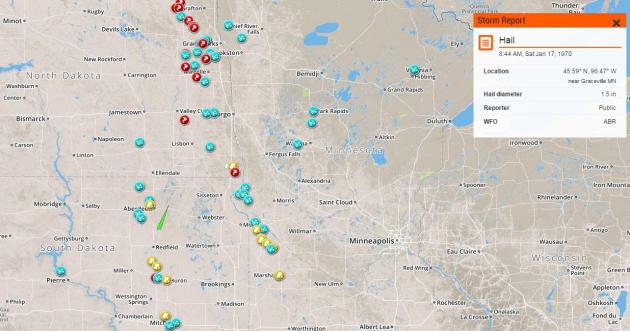
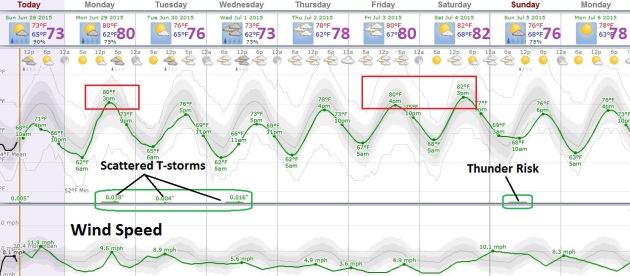
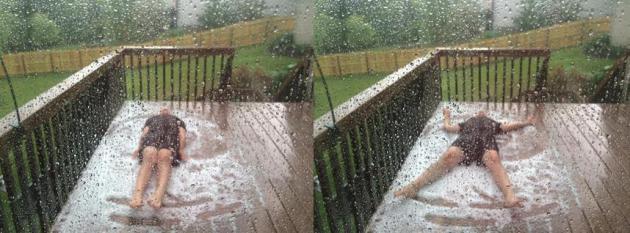

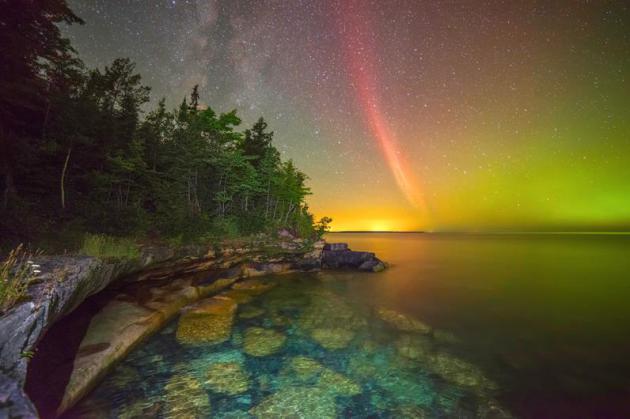

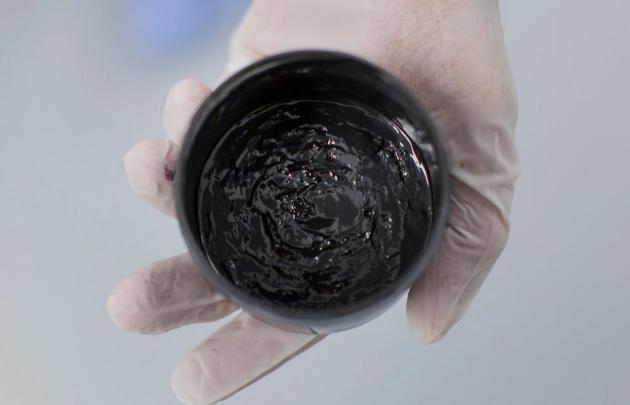
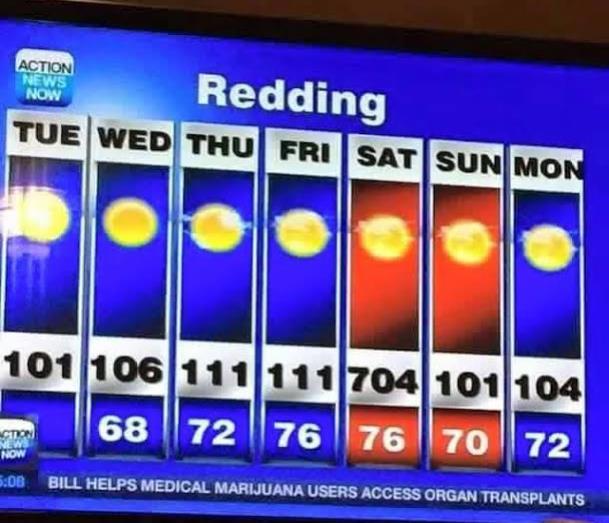

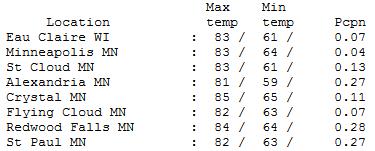

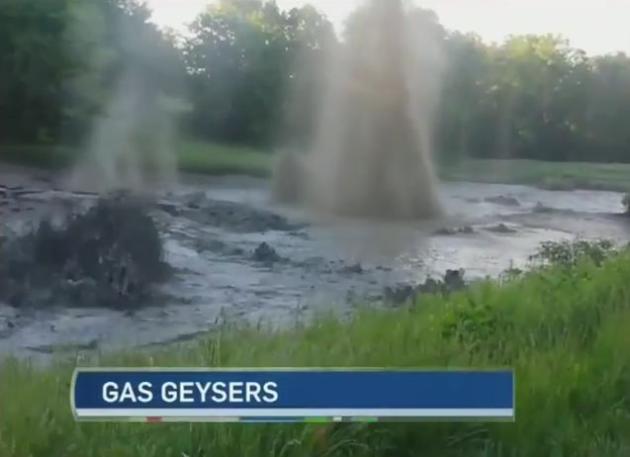
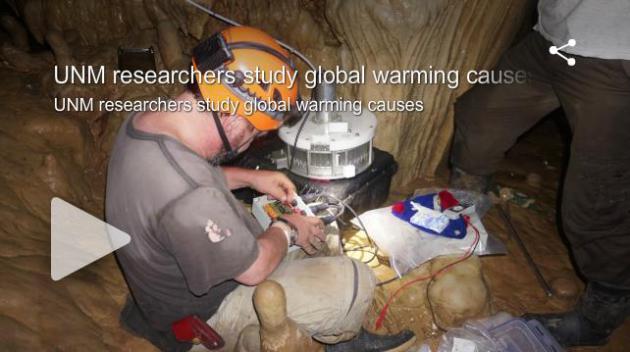

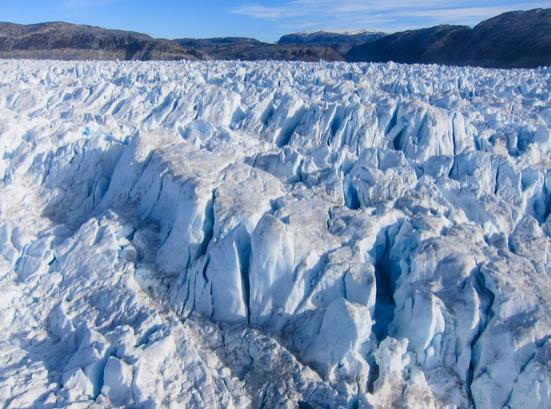

No comments:
Post a Comment